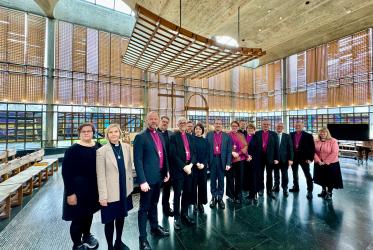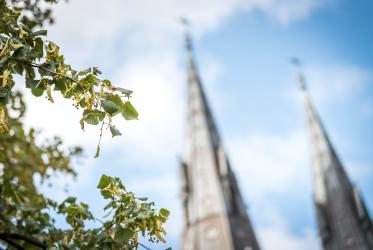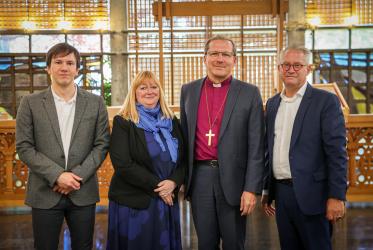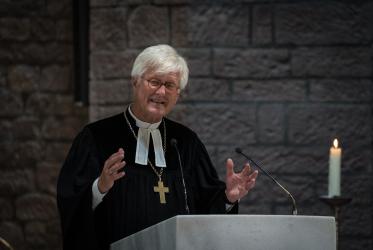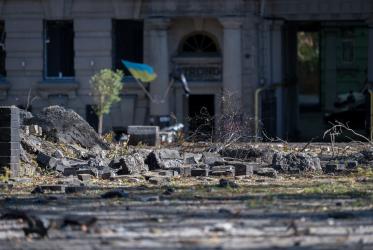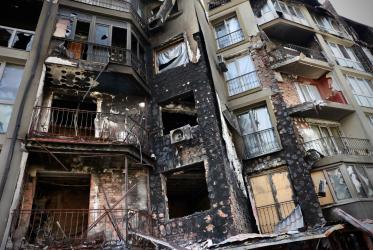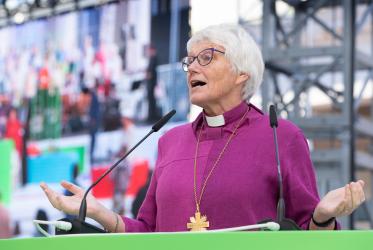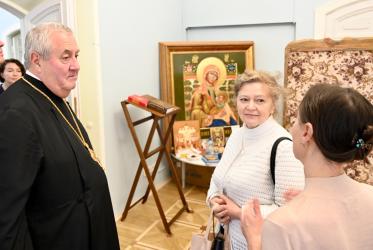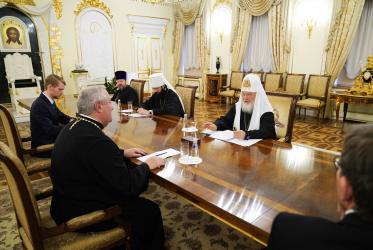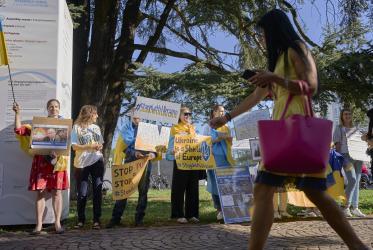Displaying 1 - 20 of 66
WCC commends Church of Sweden’s engagement for peace and justice
15 February 2024
WCC hosts visitors from Finland, Germany, and Sweden
29 September 2023
WCC denounces continuing attacks on civilians in Ukraine
16 January 2023
WCC acting general secretary visits Moscow
17 October 2022
Ukraine: Responding to humanitarian need
08 September 2022
Uppsala 1968: The times, they were a’changing
06 September 2022

